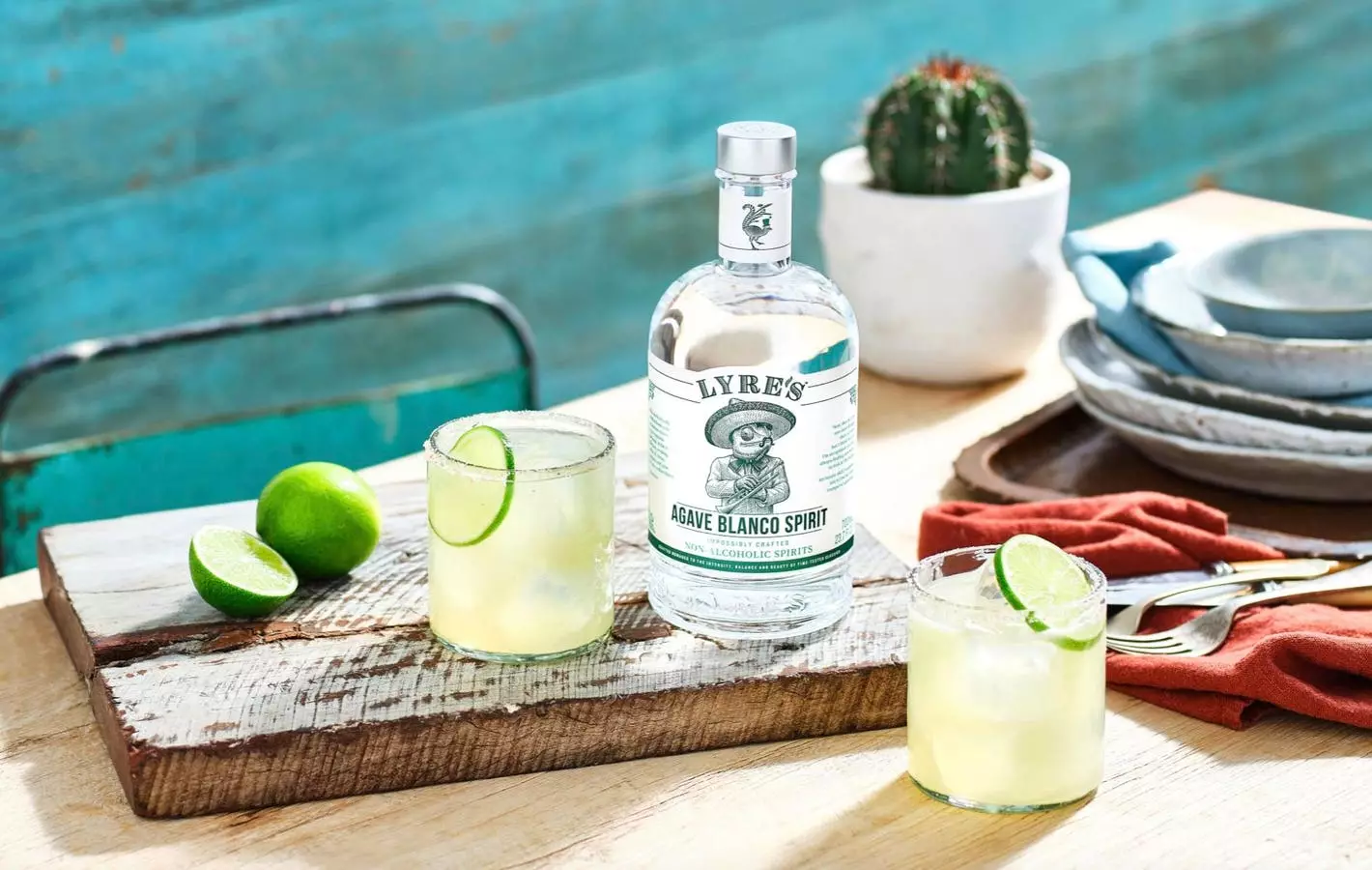In recent years, the concept of Dry January has evolved from a simple abstinence challenge into a broader movement reflecting changing societal values regarding alcohol consumption. This annual initiative, where individuals pledge to refrain from alcoholic beverages for the entire month of January, has sparked diverse responses ranging from skepticism to enthusiastic participation. By exploring its origins, its growth in popularity, and its implications for the beverage industry, particularly regarding non-alcoholic options, we can uncover the deeper significance of Dry January in today’s world.
Tracing the Origins and Transformation of Dry January
While many may perceive Dry January as a modern trend driven by social media, its roots trace back to World War II-era Finland. During this time, the Finnish government encouraged citizens to conserve resources and enhance productivity, a goal that resonates more than ever in the contemporary health-conscious landscape. Nonetheless, the official incarnation of Dry January as we know it today began in 2013 when a UK-based non-profit launched the initiative. Since then, it has successfully garnered attention in various parts of the world, particularly migrating to the United States and morphing into “Dry January USA®.”
This official framework shifts the perception of Dry January from mere abstinence to a concerted public health campaign. The initiative now involves partnerships with organizations such as the Meharry School of Global Health to delve into the implications of alcohol consumption, particularly in minority communities. Such collaborations signify a movement that aims to transcend individual efforts and contribute to more extensive societal changes.
The non-alcoholic beverage market has burgeoned alongside the rise of Dry January. One of the most notable players in this space is Lyre’s Spirit Co., an Australian brand that has achieved recognition as the world’s most-awarded non-alcoholic spirit producer. With an extensive catalogue of products designed to replicate traditional alcoholic beverages’ flavors, Lyre’s provides consumers with a suitable option for those seeking to participate in Dry January while still enjoying the ritual of cocktail culture.
This year’s Dry January has seen Lyre’s emerge as a noteworthy partner of the initiative, further promoting the concept of inclusivity in social situations. With around 30% of Americans participating in Dry January, the potential for charitable contributions from these non-alcoholic sales is significant. Lyre’s commitment to donate $1 for every selected bottle sold during January illustrates the brand’s dedication to social responsibility and community health initiatives.
Dry January and the subsequent rise of non-alcoholic offerings highlight a profound cultural shift in how society approaches alcohol consumption. Many people are reframing their relationship with alcohol, transitioning from viewing it as a necessary component of social engagement to exploring options that prioritize health and wellness. This shift is reflected in consumers’ growing demand for non-alcoholic beverages that allow for connection and enjoyment without the adverse effects of alcohol.
Lyre’s CEO David Gimpelson recognizes this evolution, noting that the non-alcoholic sector is fast becoming one of the most dynamic categories in the beverage industry. Emphasizing the concept of inclusion, Gimpelson articulates a vision for a future where personal choice dictates one’s drinking experience, fostering a culture where everyone can partake in social activities, regardless of their drinking preferences.
Innovation and Future Prospects in the Non-Alcoholic Space
As the non-alcoholic market continues to grow, brands like Lyre’s face the challenge and opportunity of maintaining their leadership status. Gimpelson indicates that innovation and authenticity remain paramount in this endeavor. Through rigorous quality standards and taste innovation, Lyre’s aims to set the benchmark for what can be achieved within this sector, bringing non-alcoholic options to the same level of desirability as their alcoholic counterparts.
The numbers speak for themselves: as more consumers explore non-alcoholic alternatives, the market is primed for growth and diversification. The potential for these products to penetrate the mainstream beverage landscape appears robust, paving the way for exciting new flavors, experiences, and product offerings that cater to a broad audience.
As Dry January continues to challenge traditional views on alcohol, it encourages individuals to rethink their consumption habits while also fostering inclusivity in social situations. The flourishing non-alcoholic beverage market, championed by brands like Lyre’s Spirit Co., reinforces this cultural shift, opening doors for meaningful conversations around health, wellness, and enjoyment without alcohol. It is a testament to how societal trends can influence the beverage industry, paving the way for a future where choice and personal preferences are at the forefront of consuming experiences.


Leave a Reply